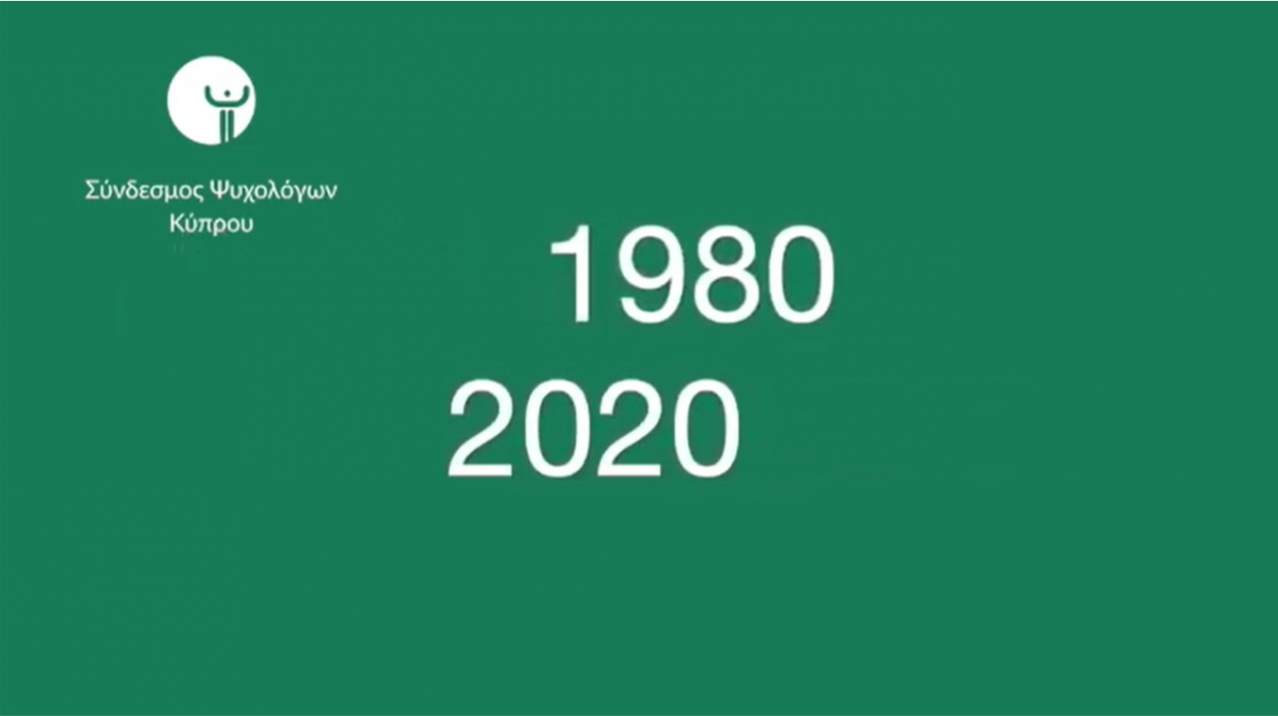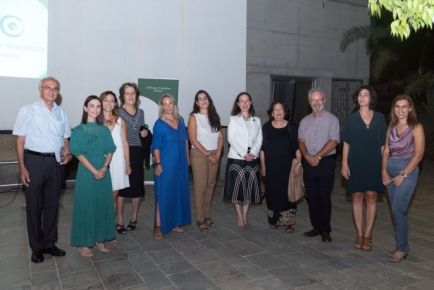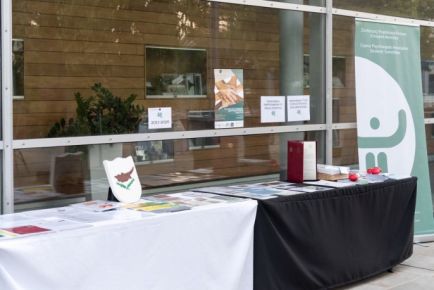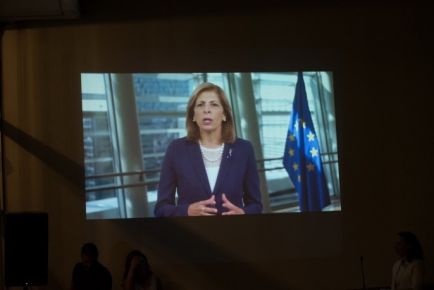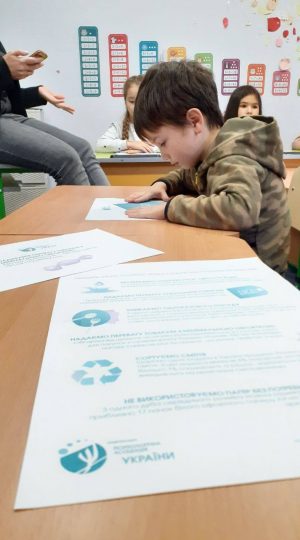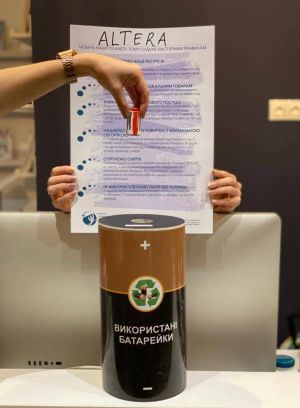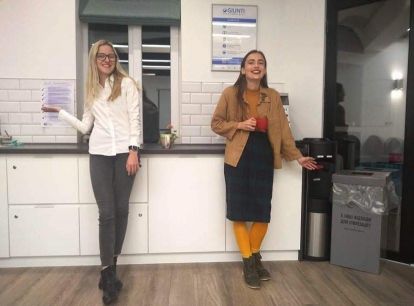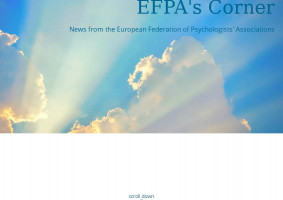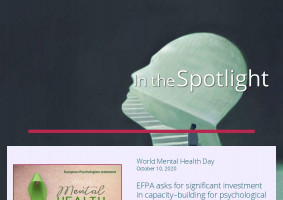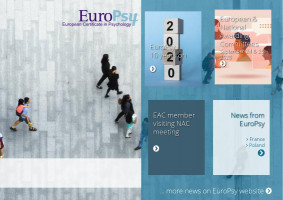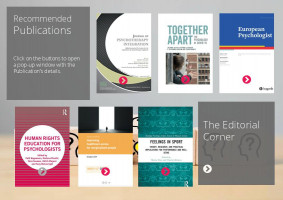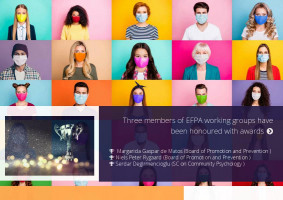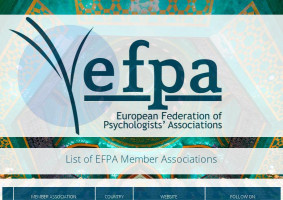Cyprus
The Cyprus Psychologists’ Association celebrated its 40th. September, 2020
(1)_w284_h282_1.png)
Given the current social distancing restrictions, the event was attended by several older and newer members, and associates of CYPSA. Dr Eleni Karayianni, CYPSA President, greeted the guests outlining CYPSA’s contributions, development in over four decades, and the importance of building collaborations to advance not only the profession, but its contribution to addressing societal issues.
The representative of the Ministry of Health, Dr. Despo Leonidou, clinical psychologist, conveyed the wishes of the Minister of and stressed the support of the Ministry in the work of the Association. Mrs. Lygia Poullou and Dr. Charalambos Tziogouros, former Presidents of CYPSA, conveyed through their speeches a historical flashback of the creation and actions of the first years of operation of the Association, including the challenges and opportunities they faced. Mrs. Stella Kyriakides, EU Commissioner for Health and psychologist who used to be active in CYPSA’s early steps, also sent a message about the importance of promoting psychology and using psychological science to work through difficult times (view the video in Greek from the EU's portal here or click here to download as MP4 ).
The highlight of the event was the honours ceremony for the members of the first Board were they were awarded honorary membership in recognition of their contribution to the science and profession of psychology in Cyprus. The members of the first Board are Mrs. Lygia Poullou (President), Dr. Charalambos Tziogouros (Vice-President), Mrs. Anna Petridou (Secretary), Dr. Michalis Papadopoulos (Treasurer), and Dr. Costas Kyranides (Member). During the event, the current Board organized a special exhibition of activity highlights throughout the four decades of presence. For some attendees it was a trip down memory lane, whereas for others it was an educational opportunity.
The Cyprus Psychologists’ Association is the first professional association for psychologists in Cyprus founded in 1980. In its 40 years of operation, its membership base has been registered psychologists of all specialties, psychology students and psychology researchers. Some of the important milestones to which CYPSA has contributed are the creation of the law regulating the profession and the creation of the Council for the Registration of Psychologists, the development of a Code of Ethics for Psychologists, and promoting continuous professional development by offering international and local opportunities (e.g., conferences, seminars, workshops). In addition, it contributes to this day to the protection of the rights of individuals with mental health difficulties and the rights of children, but also to the right of access to quality mental health services through its participation in parliamentary committees and public consultations. Most recently, it is involved in the negotiations for the provision of psychological services by the newly established General Health System. CYPSA has established connections with all the local Departments of Psychology on the island and frequently is a partner in research projects (local and European) in areas such as ethical guidance and dissemination of knew knowledge via trainings and seminars. As a member of EFPA since 1995 and EFPSA since 2007, it enjoys the opportunities to connect with other Associations and colleagues across Europe to enhance cross-border collaborations, transfer of knowledge and expertise, and the implementation of EuroPsy standards on the island.
By Dr Eleni Karayianni,
CYPSA President
Czech Republic
Request for an exemption from the ban on providing services for psychologists and psychotherapists. October, 2020
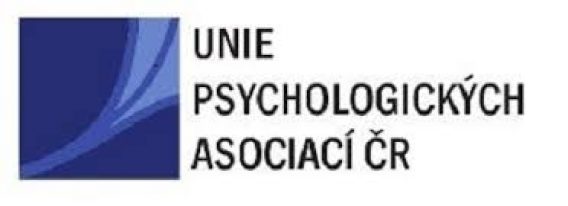
During lockdown:
The Union of Psychological Associations of the Czech Republic, sent to the Prime Minister of the Czech Republic Ing. Adreja Babiš and the Minister of Industry and Trade doc. Ing. Karl Havlíček, Ph.D., MBA on October 26, 2020 a request for an exemption from the ban on the provision of services in establishments for the provision of individual psychological and psychotherapeutic services
Read the request here as PDF
Read more here on the Unie psychologických asociací ČR website
France
During the lockdown: psychologists officially authorized to continue to work. October, 2020


Initiative of French Federation of Psychologists and psychology - FFPP:
This time clear message from French Government: Psychologists are allowed to continue working in their cabinet during lockdown.
More information here and on FFPP Facebook page.
Netherlands
In the Netherlands psychologists can continue to work during the 'light lockdown'. September, 2020

These measures will take effect from September 29 at 6:00 PM and will remain in effect for 3 weeks. Based on the effects on contamination in the Netherlands, the cabinet will then decide on additional measures. Psychologists can continue to work according to the guidelines drawn up by the NIP together with the parties involved in healthcare (see guidelines for mental health care and corona).
Malta
Press release about Migration and Detention Centres. September, 2020
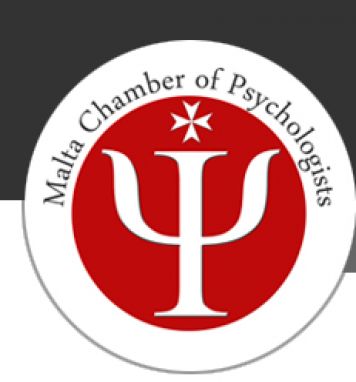
Press release about Migration and Detention Centres
September 10, 2020
Last week saw several discussions on the media related to conditions in detention centres due to a leaked video and an accidental death during an escape attempt from the Hal Far detention centre.
The migration issue is a challenge around the world and in Malta. It is important to understand that people who are fleeing for their lives have a legal right to enter into a country through irregular channels for the purpose of seeking asylum. It is understood that sometimes the person would risk losing their life if they tried to secure the required documents before fleeing. Others are denied the possibility of legal and safe travel. A significant portion of people held in detention do eventually provide the necessary proof that they either have been personally persecuted or have escaped an active conflict. They have a right to be here.
Many of those residing in detention centres in Malta have passed through traumatic experiences that make them deserving of the highest level of care, some also having endured inhumane treatment because of their religion, gender, political beliefs, ethnicity or sexual orientation. Being subjected to further undignified conditions in detention may be beyond what they can cope with. The experiences of desperation and helplessness that often accompany detention have a major negative impact on mental health. Research shows that loss of control of what happens in one’s life has a huge impact on both physical and mental health. The sense of being in control, and the desire for such control, are crucial and pervasive aspects of the human psyche.
The Malta Camber of Psychologists urges the government and civil society to ensure that the value given to human life and dignity is not lost when dealing with the challenge of migration. Detention centres must provide detainees with humane conditions, if they are to be used to contain people.
Whilst recognizing the disproportionate pressure that Malta has been experiencing from migration for a number of years, the Chamber calls on the authorities to put human rights at the centre of its responses to the migration issue and to ensure that some degree of dignity and agency, essential to mental health is afforded these people. The goal of protecting our borders is a just one, but it does not give us a right to ignore anyone’s human rights. We must be consistently reminded of our legal and moral obligations.
We can and should do better.
Read press release on website of the Malta Chamber of Psychologists
Portugal
- OPP launches maisprodutividade.org website. October, 2020
- Economic Crisis, Poverty and Inequalities - Report on Socioeconomic Impact and Mental Health.October, 2020
- Ethical decision-making training in virtual reality. October, 2020
- Psychological support for professional football players. October, 2020

_w710_h152_1.jpg)
The productivity of an organization is influenced by several factors including the well-being of its decision-makers and employees. To create more productive workplaces means to create healthy workplaces. But how to build a healthy and consequently productive workplace?
The Ordem dos Psicólogos Portugueses (OPP) has developed a number of initiatives in recent years, with organizations and psychologists. As a result of this, OPP has launched the www.maisprodutividade.org, a website built and designed to respond to organizations and psychologists.
Via the website www.maisprodutividade.org an organization, regardless of its size, can calculate the cost of its loss of productivity and in the same time evaluate the cost of absenteeism and presentism. Organizations can find there a set of information and support materials, such as checklists or even an action plan to build a healthy workplace.
Together with www.maisprodutividade.org, OPP has also created CREATIVE YOU® in collaboration with the publicity agency, Torke CC. CREATIVE YOU® is an online tool, based on scientific evidences from the area of psychology and creativity, which promotes informed reflection on the creative potential of people and organizations.
For more information on CREATIVE YOU® visit www.creative-you.com
Economic Crisis, Poverty and Inequalities - Report on Socioeconomic Impact and Mental Health
October 10, 2020
In order to prepare the future, prevent and mitigate the negative effects of the socioeconomic crisis that we are living and will live as a result of the COVID-19 pandemic, Ordem dos Psicólogos Portugueses presents in this report a set of scientific evidences in areas where significant impacts are expected.
The document addresses factors that can produce or precipitate difficulties and problems of Psychological / Mental Health in Portuguese citizens and, finally, initiatives that we believe are important to minimize the impacts on the health and well-being of citizens in the situation we live in.
This report is another contribution by the OPP to the sustainability of the social and economic systems, through investment in the enormous and rich human capital we have, underlining the preponderance of the use of the knowledge of psychological science and investment of psychologists in people and the country recovery.
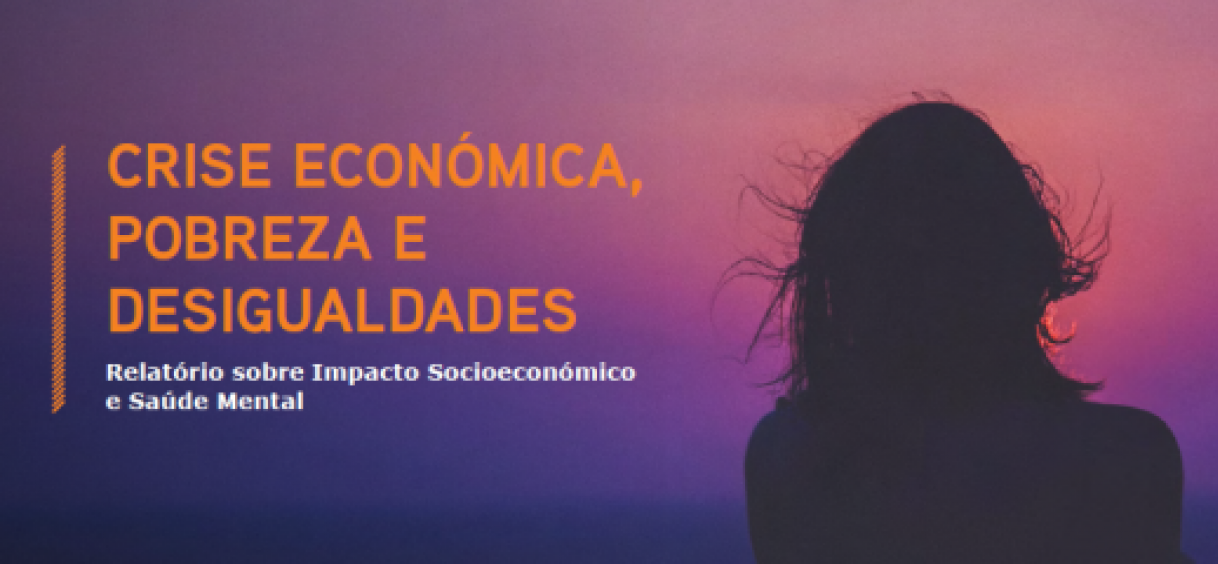
Ethical decision-making training in virtual reality
October 14, 2020
In a world increasingly supported by digital, psychological practice also had to adjust to new technological challenges, positioning itself in settings unthinkable until recently. One of the technological resources that assumed an increasing impact in different domains, namely in psychology, is Virtual Reality (VR).
Thus, and feeling that VR can and should be a resource for psychology, Ordem dos Psicólogos Portugueses, in partnership with the HEI-Lab - Human-Environment Interaction Laboratory of Universidade Lusófona, started the process of developing an innovative application for training in ethical decision making in VR, with the aim of providing a pedagogical and formative tool, with increased ecological validity, in order to reinforce the training of psychology professionals in a safe context and under the guidance of a psychologist.
This resource, first in this area developed by OPP, reinforces the role that psychology can and should also have in generating value in the technological context.

Pandemic psychological support for professional football players
October 10, 2020
On this year World Mental Health Day , on 10th October 2020, Ordem dos Psicólogos Portugueses and the Sindicado dos Jogadores Profissionais de Futebol - Union of Professional Football Players- created a psychological support program for professional footbal players. This program is available to all (ex-) professional football players and has psychologists specialized in Clinical and Health Psychology and / or Sport Psychology from all districts of Portugal.

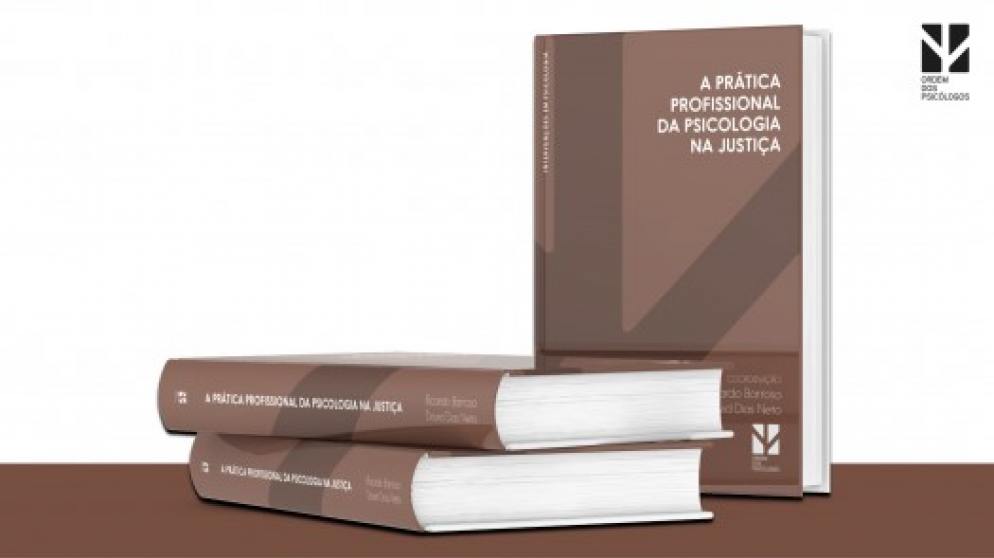
OPP has launched two more books in the last few days.
One of the books, coordinated by psychologists Ricardo Barroso and David Dias Neto, is about the Professional Practice of Psychology in Justice.
View video on YouTube
While the other, co-authored by psychologists Rute Agulhas and Susana Amorim, talks about bullying and has been launched on World Day of Bullying Prevention
View video on YouTube
Also note that the most recent issue of the OPP's official magazine, September 2020, has been published. Read or download here as PDF

Ukraine
Ukrainian association launched an educational initiative raising eco-friendly awareness and understanding climate change consequences for mental health among psychologists and teachers. October, 2020
_w284_h282_1.png)

After the International Summit on Psychology and Global Health, which was hosted by Ordem dos Psicólogos Portugueses and American Psychological Association, National Psychological Association of Ukraine started an informal campaign about effects of climate change on mental health. The Association collaborated with local eco-activists, journalists and colleagues from the professional community. As a result NPA organized several lectures, wrote articles for well-known Ukrainian magazines and web-sites and started to film an animation about this issue.
Within this initiative we developed a guideline for psychologists and teachers to create eco-friendly offices, centers, and conference halls, and launched a public action. The guideline proposes 6 simple steps for public spaces that can easily be taken by a small initiative group of people within any organization.
“People think that starting to sort for recycling is difficult and they don’t often see the impact of one paper cup and the Arctic sea ice loss. We tried to illustrate the benefits of small but eco aware everyday actions with visual and relatable examples” - comments about the guideline Kateryna Shkuropat, a participant of NPA’s eco work group.
Different psychological centers, private offices, schools, educational hubs and organizations can take part in this initiative by implementing the recommendations at the places they work. Also the association proposes special posters for those who want to share their eco-friendly values and life-style. Everyone can download and print it from the NPA’s website, personalize and place it for visitors and colleagues. ‘Every day psychologists and teachers get in touch with a large number of people. They are respected in the Ukrainian society and people appreciate their opinion - said Valeriia Palii, president of National psychological association of Ukraine - “We hope that it will help us inform society about eco-friendly habits in a proper way. Unfortunately, we don't have strict ecological regulation on the state level and we have to raise awareness about climate change consequences on our physical and mental health and increase eco-friendly responsibility’.
Ukrainian psychologists translated this guideline in English for sharing among colleagues from other countries. Anyone can use it and adapt according to cultural and legislation specifics or translate it into their native language.
You can get this illustrated guideline in English
The next step of this initiative was creating guidelines about the best ways for psychologists from different professional areas to promote respect for nature. This document will be translated into English soon and shared among international colleagues.
United Kingdom
- Narcissistic people are more likely to take part In political activities. November, 2020
- The British Psychological Society celebrates the Black History Month 2020. October, 2020
- The British Psychological Society launches two new groups: Psychology and Human Rights and Psychology and the Climate and Environmental Crisis. October, 2020
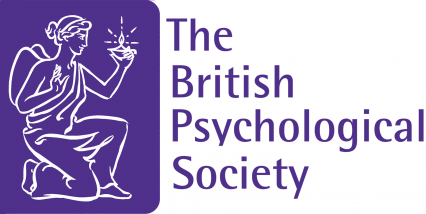
Narcissistic People Are More Likely To Take Part In Political Activities
By Emily Reynolds
In a piece originally published on the British Psychological Society’s Research Digest
November 9, 2020

There’s likely to be a diverse set of factors driving any given person’s interest in politics. It could be that their parents had a political affiliation they’ve subsequently inherited; they may have had a personal experience that changed how they see the world; politics could provide a social life or community connections; they might consider political action a civic duty; or they might just be passionate about a particular issue.
According to a recent paper in Personality and Social Psychology Bulletin, there may be another motivation, too — namely narcissism. The paper finds that particular kinds of narcissism are related to taking part in political activities, suggesting that deeply rooted individual factors may play a large part in our willingness to engage in politics.
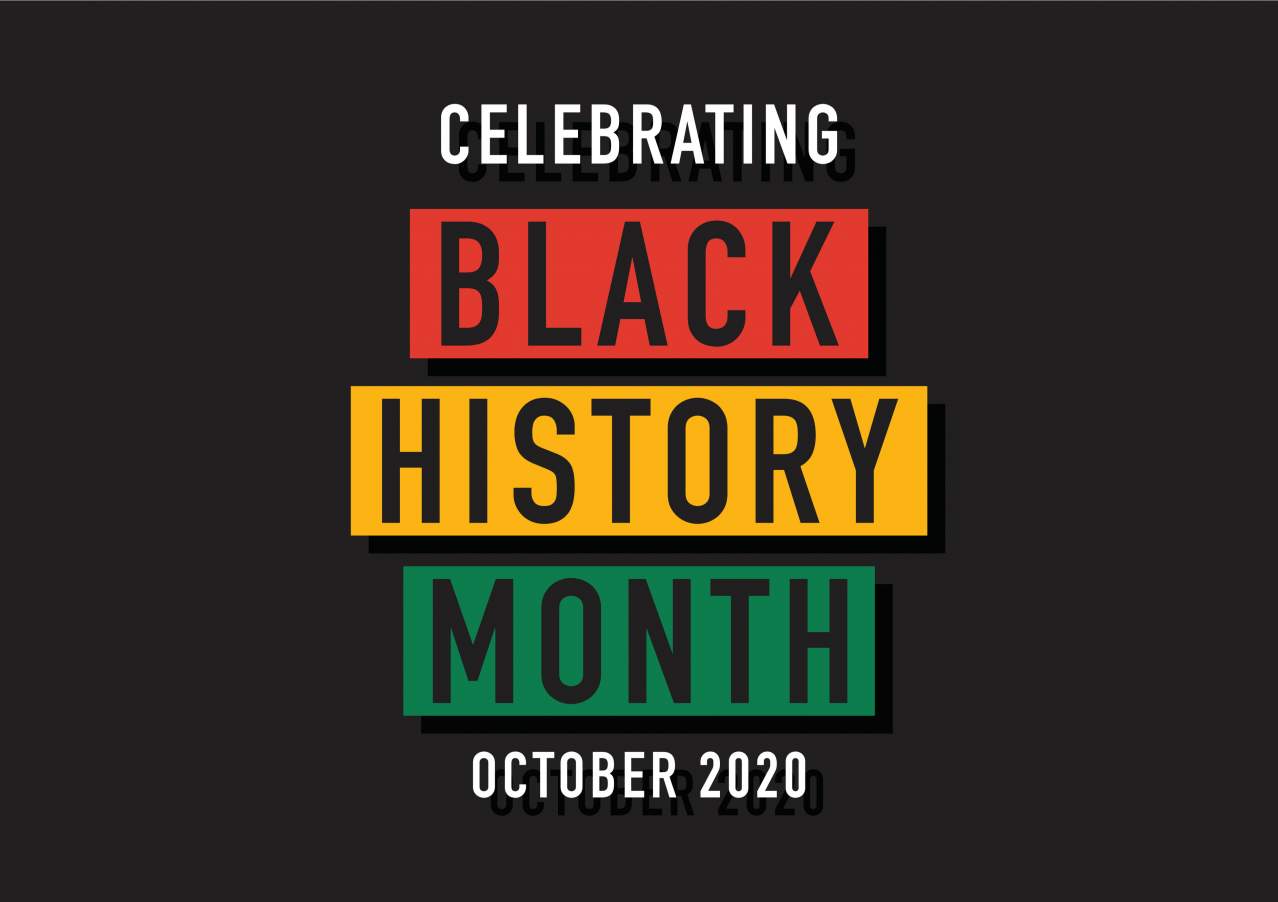
To celebrate this year’s Black History Month, the History of Psychology Centre has been releasing a series of weekly blogs highlighting the lives of pioneering Black psychologists.
Read more about the BPS History of Psychology Centre
Discover the BPS blog with resources from the Black Month of History

Following discussions on the BPS Ethics Committee earlier this year, the Society has established two new groups [1] to take forward work on these important issues. The urgency of addressing both of these issues has been highlighted by the impact of the Pandemic that has recalibrated all our thinking on global health and how we as psychologists and the general public need to respond. As Stephen Reicher put it in his talk at the BPS Annual Conference: "What is happening leads us to reconceptualise one of the basic questions in psychology: the relationship between the collective and the individual and between the individual and the State."
As noted in the blog, these relationships are particularly relevant to how we respond to the climate and environmental crisis and the impact these unprecedented experiences are having on human rights.
In November 2019 the BPS joined with other psychology associations across the world to bring together as many psychological societies as possible to give a stronger voice on global issues and the Lisbon Declaration on psychology and global health set out the mandate for future collaboration and there are now over 60 represented in monthly discussions.
The environment and climate crisis steering group aims to promote efforts to mitigate the effects of and adapt to contemporary and future climate and environmental disruption.
It will develop a coordinated approach in order to maximise the impact of psychology’s contribution and welcomes contacts from other associations in their work. One of the members of the new group, Professor Lorraine Whitmarsh is interviewed by Jon Sutton in the Psychologist about her work and gives a really helpful overview of what the agenda of the group might include. She makes the point that all areas of psychology have a contribution to make.
The Human Rights steering group has some intitial aims that will include: identify, develop and coordinate the contributions that psychology & psychologists can make to societal actions to promote and uphold human rights and to embed human rights approaches in the practice of psychologists.
It also aims to contribute to preventing human rights violations, to applying psychology to aid the survivors of human rights violations and to embed human rights approaches in psychological research, teaching and practice.
The Group will develop links and partnerships in order to collaborate with other appropriate organisations nationally and internationally. The recently established Global Network of Psychologists for Human Rights provides some idea of the range of topics the group may address.
For further information contact:
Tony Wainwright, t.w.wainwright@exeter.ac.uk
Read more on BPS blog Knowledge and Insight here
[1]
https://www.bps.org.uk/blogs/knowledge-and-insight/psychology-human-rights-climate-crisis
